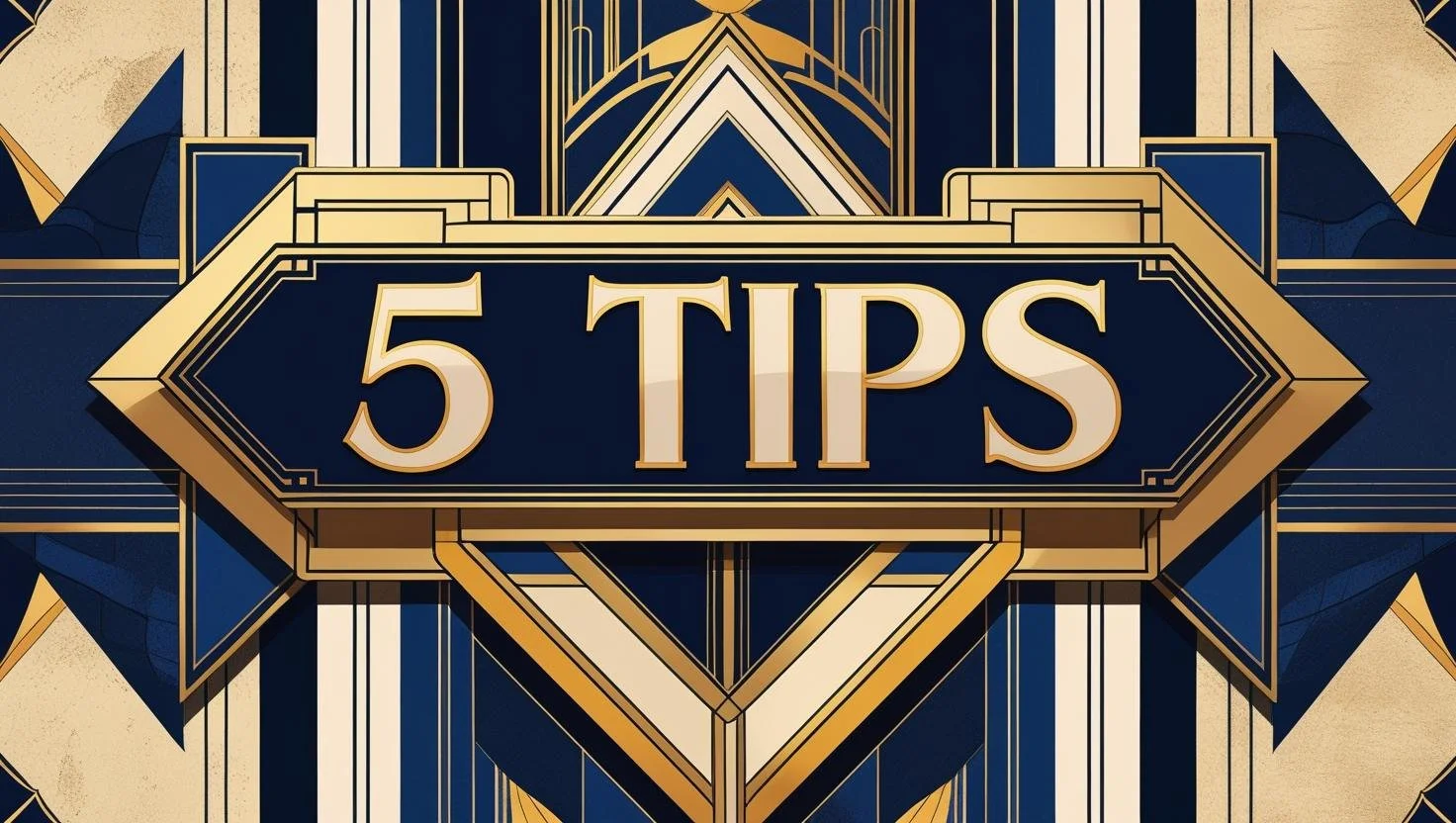5 Essential Ways to Invest in Yourself
By your early-to-mid 30s, you’ve likely gained solid footing in your career, possibly started a family, and developed routines that drive your day-to-day life. But amidst all that structure, it’s easy to stall on one of the most important financial strategies you have: investing in yourself.
Unlike putting money in the stock market, investing in yourself pays off in productivity, confidence, and long-term earning potential. Here are five essential ways to do it well—plus one bonus move you should have in your back pocket.
1. Upgrade Your Skills
Your current skill set got you where you are, but it won’t necessarily take you where you want to go next. Industries evolve, technologies shift, and leadership expectations change. That means your knowledge needs to keep pace.
Invest in certifications, advanced courses, or executive training programs that match your goals. Prioritize learning that directly increases your value in the market or positions you for internal promotions. Sites like Coursera, LinkedIn Learning, and university extension programs are great starting points. Even budgeting a few hundred dollars a year for new courses can deliver serious ROI.
2. Build a Real Network (Not Just LinkedIn Connections)
Networking isn’t just for job seekers. A strong professional network expands your perspective, surfaces new opportunities, and gives you access to resources you wouldn’t find otherwise.
But here’s the key: don’t confuse collecting contacts with building relationships. Reach out regularly to peers, mentors, and industry colleagues. Attend industry events, engage in professional associations, and follow up with a purpose. People who invest in relationships tend to be more resilient and adaptable when changes hit.
3. Prioritize Your Health
Your body is your real retirement plan. If you’re not taking care of it now, you’re setting yourself up for stress, burnout, and costly health issues down the line.
Make exercise, nutrition, sleep, and stress management part of your investment strategy. This isn’t about six-packs or smoothie cleanses. It’s about building habits that keep your energy up and your mind sharp. Professionals who feel better tend to work better, earn more, and enjoy their success longer.
4. Get a Financial Plan That Reflects Your Life Now
A good chunk of people in their 30s are still operating off budgeting strategies they made in their 20s, if at all. That’s a mistake.
Your financial plan should evolve with your income, goals, and responsibilities. Think beyond monthly bills. Do you have a strategy for investing, debt repayment, kids’ education, or home ownership? Are you maximizing your retirement accounts? A session with a fee-only financial planner can help align your money with your current life and future goals.
Understanding the values that shape you can be a great place to start. Build your planning around those values, and your planning will always match who you are.
5. Protect Your Time Like It’s Money (Because It Is)
You only have so much bandwidth. Every "yes" to something that doesn’t serve your growth is a "no" to something that could.
Investing in yourself includes setting boundaries. Create routines that prioritize deep work. Turn off the noise. Schedule downtime without guilt. Whether it’s hiring help around the house or saying no to unnecessary meetings, protecting your time allows you to focus on what matters.
Bonus Tip: Prepare for an Emergency Career Change
The job market is unpredictable and volatile. Layoffs, restructuring, and burnout are real possibilities—even for high performers. The best time to prepare for a career change is before you need it.
Set aside an emergency fund that covers at least 3-6 months of expenses and treat it like insurance for your career. Keep your resume current, your LinkedIn profile active, and your interview skills sharp. Know what your transferable skills are and keep tabs on industries that align with your interests.
An unexpected change doesn’t have to derail you if you’ve invested in the flexibility to pivot.
Something to think about
The most valuable asset you have isn’t your job or your bank account—it’s you. When you take the time and resources to invest in yourself, you’re not just improving your present. You’re shaping a future that gives you more freedom, resilience, and control.
Start now: Pick one area—skills, health, money, time, or networking—and take a single action today. Sign up for a course. Book that financial planning session. Block off time for focused work. One step is all it takes to get started, but two steps are how you build momentum.
Now is the time. Make the investment.
